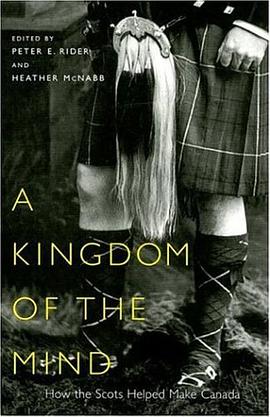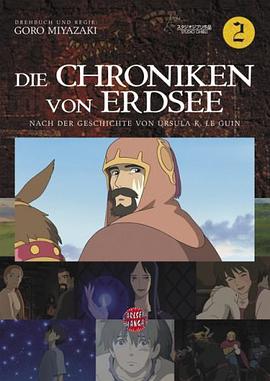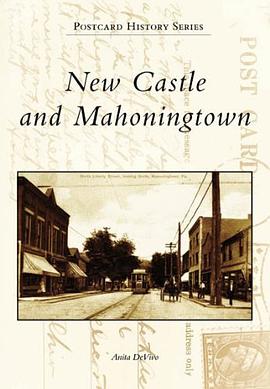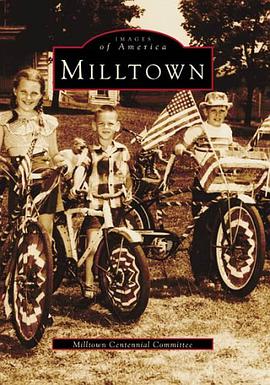
具体描述
During NATO's formative years, its leadership tried to develop an economic, social, and political role for the organization in an effort to transform it into a community of nations. Using material from Canadian, American, French, and British archives, John Milloy analyses these unsuccessful attempts to develop NATO's non-military potential. Milloy challenges the view that creating greater alliance unity has usually been only a Canadian preoccupation - other members, notably the United States and Britain, displayed a sincere interest as well - and further suggests that Canadian actions sometimes acted as an impediment. He argues that the idea failed partly because the lack of an agreed-upon definition for NATO's non-military potential hampered focused discussion. With NATO facing a post-9/11 relevancy crisis, Milloy shows that there are parallels to the inter-alliance struggles of the 1950s and that many of the early frustrations and obstacles are still present.
作者简介
目录信息
读后感
评分
评分
评分
评分
用户评价
相关图书
本站所有内容均为互联网搜索引擎提供的公开搜索信息,本站不存储任何数据与内容,任何内容与数据均与本站无关,如有需要请联系相关搜索引擎包括但不限于百度,google,bing,sogou 等
© 2026 qciss.net All Rights Reserved. 小哈图书下载中心 版权所有





















